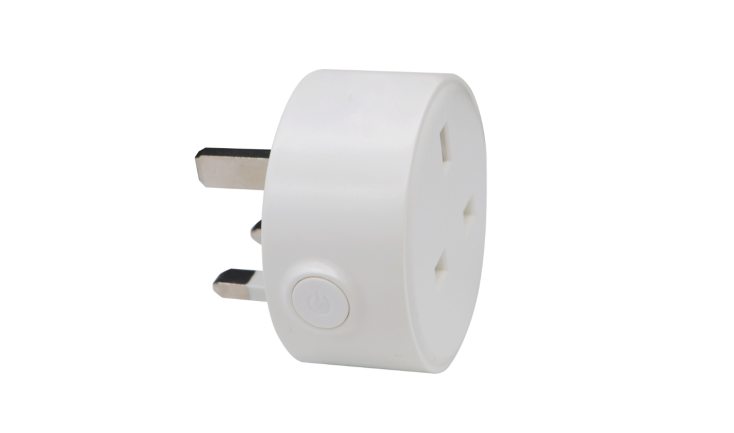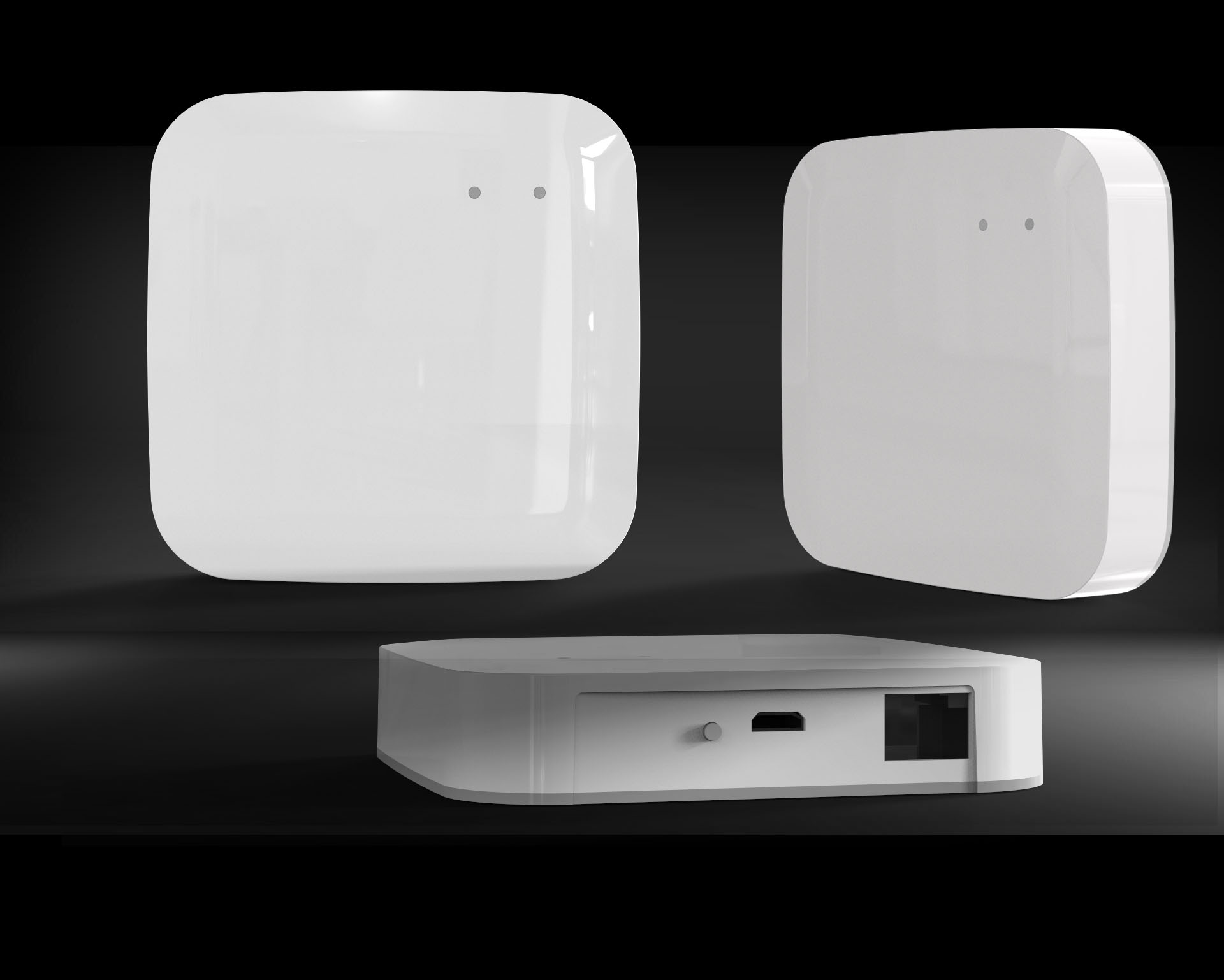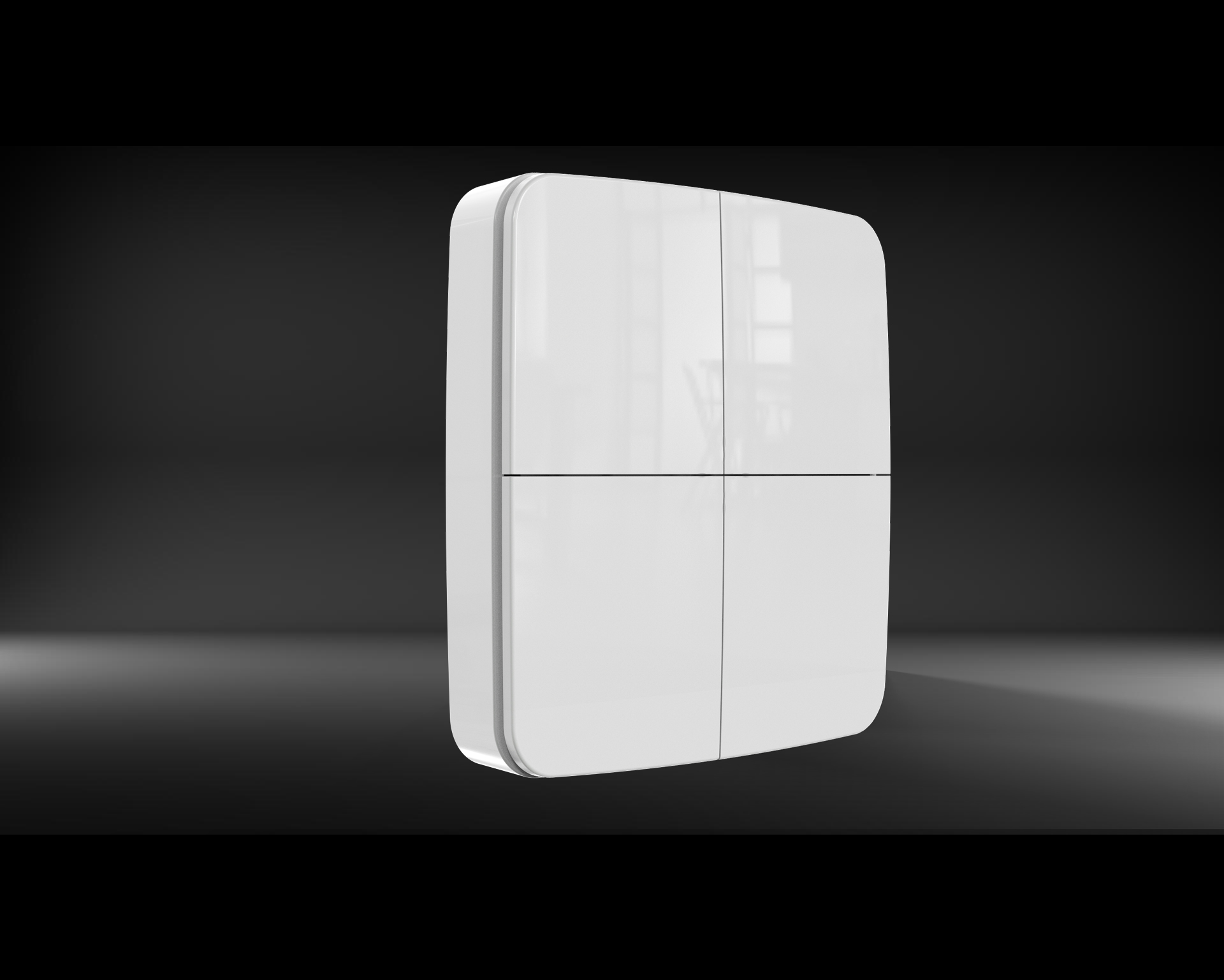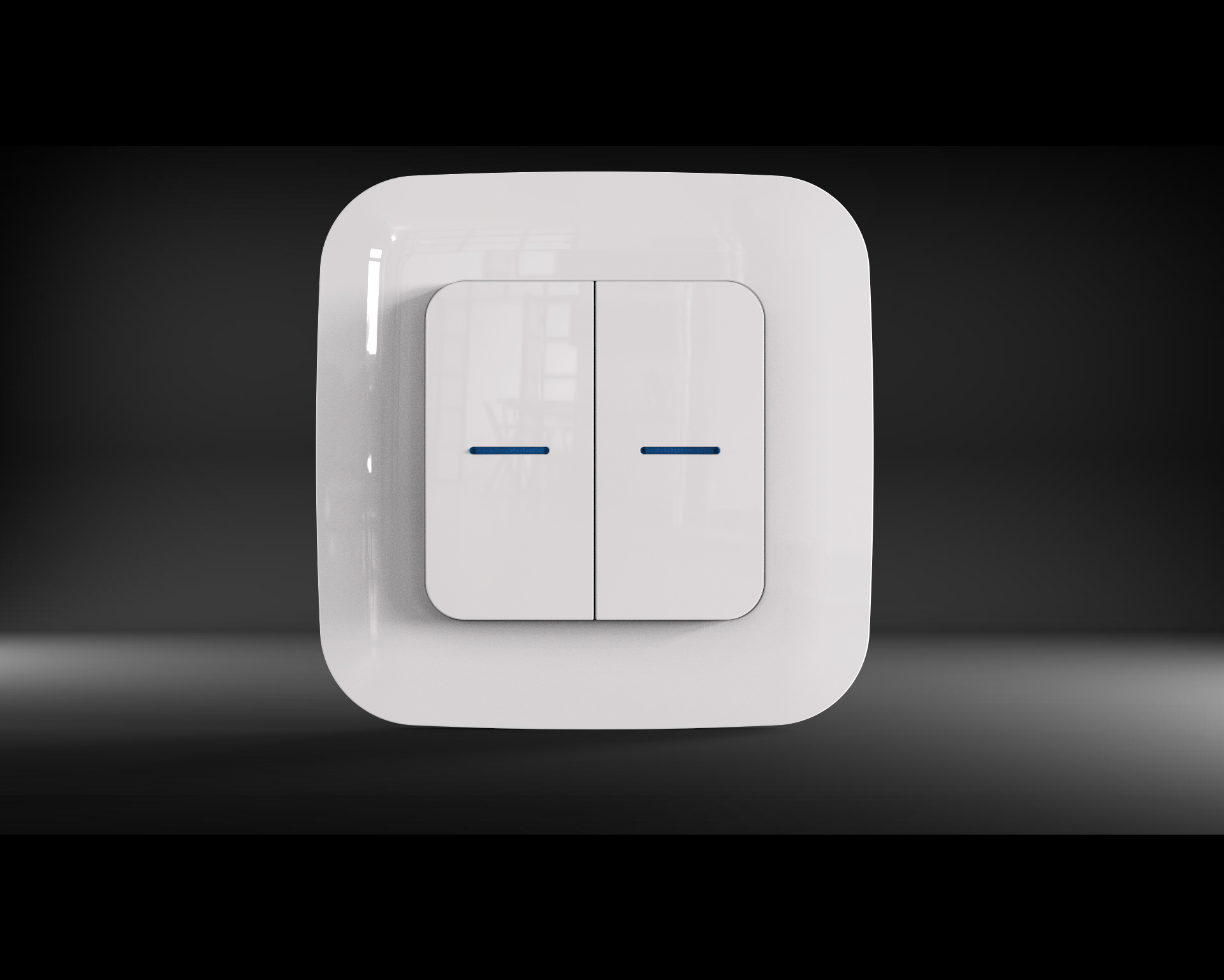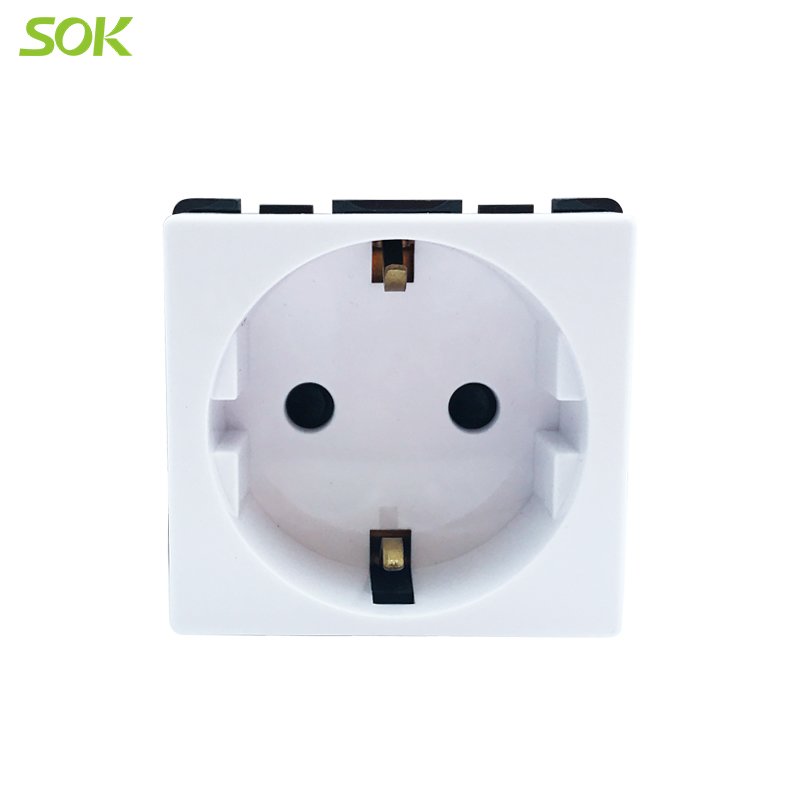In today's era of smart homes and connected devices, WiFi smart sockets have gained popularity as a convenient and versatile solution for controlling electrical appliances remotely. These smart sockets allow users to turn their appliances on or off, schedule operating times, and even monitor energy consumption through a smartphone app or voice commands.
WiFi Smart Sockets
WiFi smart sockets, also known as smart plugs or smart outlets, are devices that can be inserted into a traditional power socket. These sockets are equipped with WiFi connectivity, enabling them to connect to a home network and be controlled remotely.
The primary purpose of WiFi smart sockets is to offer convenience and energy efficiency by allowing users to control their electrical appliances from anywhere.

Compatibility Factors to Consider
Power Requirements
WiFi smart outlets typically support multiple power ratings to ensure compatibility with a variety of appliances. It is critical to check the power specifications of the outlet to ensure compatibility with specific devices.
Plug Types and Socket Compatibility
Different countries have different plug types and outlet designs. Please make sure the plug type and outlet design are compatible.
Voltage and Frequency
In addition to plugging types, voltage, and frequency requirements may vary across countries. Ensure that the smart socket you choose is compatible with the voltage and frequency used in your region.
Are WiFi Smart Sockets Compatible with All Electrical Appliances?
To understand compatibility, it's important to first grasp the fundamental functionality of WiFi smart sockets. These devices are designed to replace traditional electrical outlets and provide wireless connectivity, allowing users to control their appliances through a WiFi network.
As long as an appliance can be plugged into a standard electrical outlet, it should, in theory, be compatible with a WiFi smart socket. The compatibility of WiFi smart sockets depends on the specific requirements of the appliances and the user's intended purpose.
Compatible Electrical Appliances
Most electrical appliances, such as lamps, fans, TVs, and even some kitchen appliances, are generally compatible with WiFi smart sockets. These devices typically have a simple on/off mechanism and can be controlled effectively using the remote capabilities of WiFi smart sockets. For example, you can easily schedule your bedside lamp to turn on in the morning or turn off your TV remotely if you forget to do so before leaving the house.
Appliances That May Not Be Compatible
However, there are certain types of appliances that may not be compatible with WiFi smart sockets due to their unique power requirements or complex control mechanisms. Appliances that involve heating elements, such as ovens, toasters, and space heaters, often require higher power loads and specialized wiring.
Similarly, appliances that require continuous power supply or have intricate control panels, such as refrigerators, air conditioners, and washing machines, may not be suitable for WiFi smart sockets. These appliances often have complex internal systems and depend on a stable power source. Attempting to control their power supply through a WiFi smart socket may disrupt their operation and cause malfunctions.
It's worth noting that manufacturers of WiFi smart sockets usually provide specifications and guidelines regarding compatible appliances. It's advisable to check the product documentation or consult with the manufacturer to ensure compatibility with specific appliances.
Conclusion
WiFi smart sockets provide a convenient and efficient way to control electrical appliances remotely. The compatibility of WiFi smart sockets depends on the specific requirements of the appliances and the user's intended purpose.
While they are compatible with a wide range of devices, it's essential to consider factors such as power requirements, plug types, and voltage compatibility when selecting a smart socket. For common household appliances and small electronics, WiFi smart sockets offer significant benefits.
It is crucial to exercise caution and seek professional advice when dealing with high-powered or sensitive electronic devices. To avoid any potential safety risks or equipment failure, be sure to read the product specifications and guidelines provided by the manufacturer.
